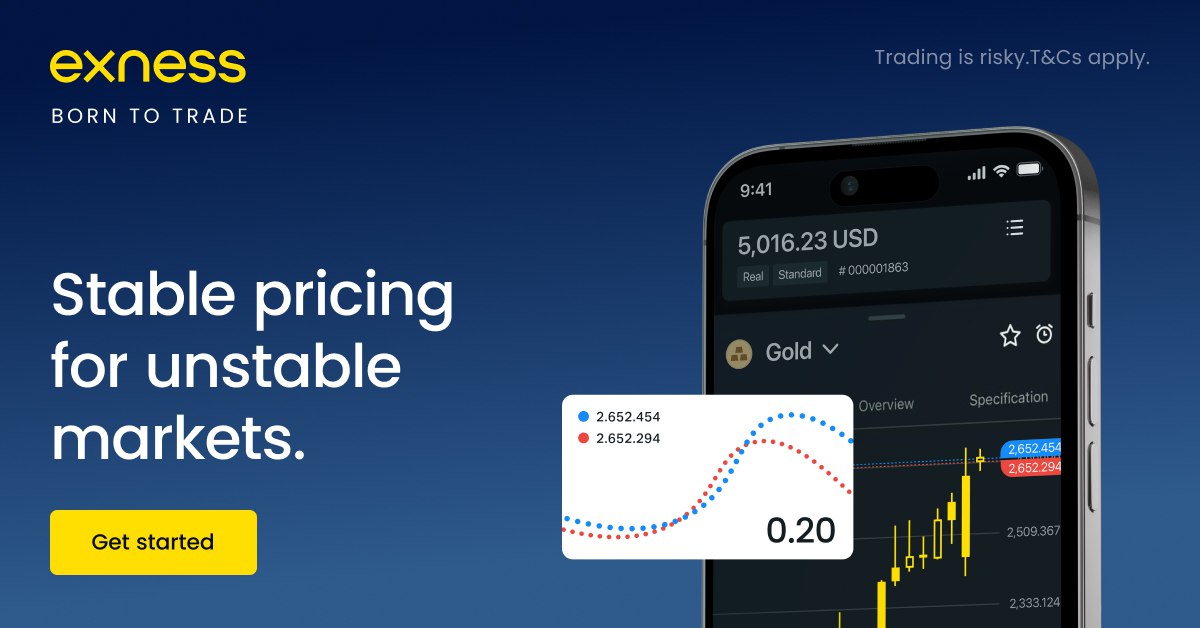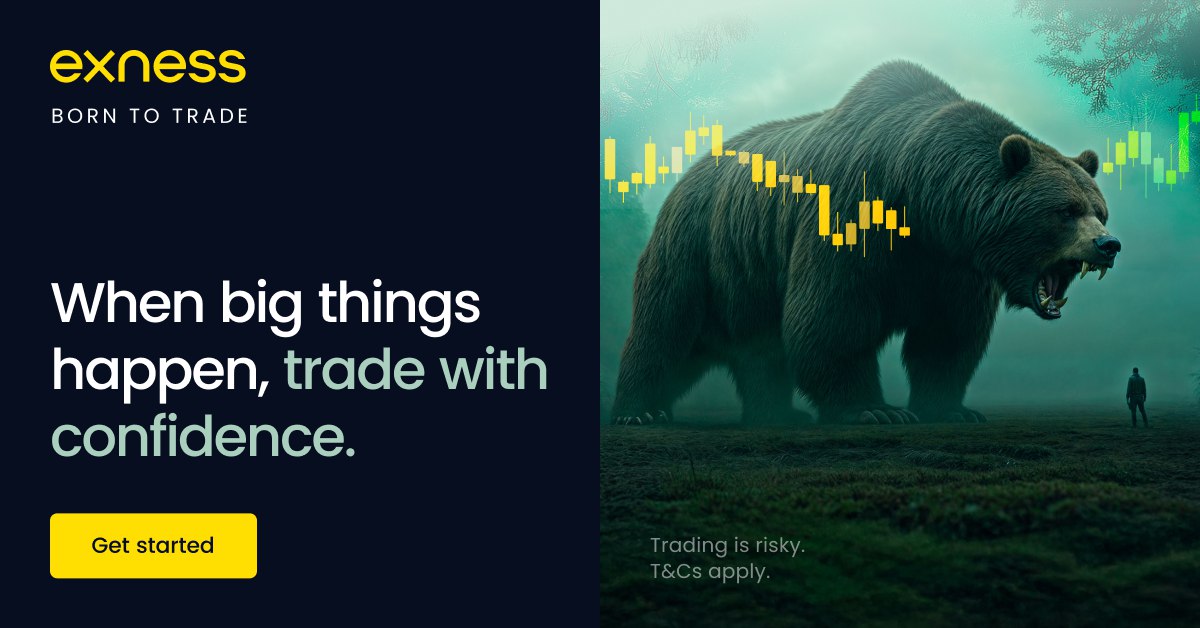
3 minute read
Is EXNESS b book broker? By Exness Trading Tips
Many traders ask: “Is EXNESS a book broker?” In simple terms, is it a dealing desk broker that trades against its clients, or does it use a true ECN/STP model?
In this article, we break down how EXNESS operates, what its order execution method means for you, and how it compares to other broker types.
👉 Explore EXNESS and open your trading account

🔍 What Is a Book (Dealing Desk) Broker?
A book broker or dealing desk (DD) broker is one that may internalize client orders, meaning it can take the opposite side of your trade. This model has pros like guaranteed fills and fixed spreads, but may involve conflict of interest or re-quotes.
In contrast, ECN/STP brokers route orders directly to external liquidity providers, ensuring transparent pricing and no internal order taking.
⚙️ How EXNESS Executes Orders
EXNESS operates primarily on an ECN/STP model, not a dealing desk. Here's how its setup works:
Multiple Liquidity Providers – Orders are routed to top-tier banks and hedge funds
Variable Spreads / Raw Trading – This reflects live market depth
No Conflict of Interest – EXNESS earns from spreads/commissions, not client losses
Fast Execution – Low latency, tight spreads, minimal slippage
Though EXNESS offers account types like Standard with fixed average spreads, this is achieved through liquidity pooling—not internal dealing.
✅ Pros of EXNESS’s ECN/STP Model
Transparency in pricing
No trade against clients
Ultra-tight spreads for scalpers
Negative balance protection
Choice of swap-free Islamic accounts
👉 Experience ECN-style trading with EXNESS

⚠️ Cons to Be Aware Of
Standard account types may have slightly higher spreads due to aggregation
Commission-based (Raw/Zero) accounts require careful planning
During extreme volatility, liquidity may decrease, affecting fills or requotes
🔄 Summary: Is EXNESS Desktop/Internal Broker?
No. EXNESS is not a book or dealing desk broker in the traditional sense. It routes orders through an ECN/STP model, providing transparent execution, deep liquidity, and alignment with institutional trading standards.
💬 Frequently Asked Questions (FAQs)
1. Is EXNESS a dealing desk broker?No—EXNESS operates on an ECN/STP model, routing trades to external liquidity providers.
2. What is an ECN/STP broker?An ECN/STP broker connects traders directly to financial markets, providing transparent pricing and no internal conflict of interest.
3. Does EXNESS take the opposite side of my trades?No, EXNESS earns via spreads and commissions, not by trading against its clients.
4. Are there fixed-spread accounts on EXNESS?There are Standard account types with average spreads, but these are due to pooled liquidity, not internal markups.
5. Do EXNESS Raw and Zero accounts use ECN?Yes—Raw and Zero accounts offer ultra-tight spreads and commission-based execution typical of ECN/STP models.
6. Can EXNESS requote or refuse trades?It may happen in fast markets with low liquidity, though this is due to market conditions, not internal dealing.
7. Is ECN trading better for scalping?Generally, yes. ECN/STP models like EXNESS offer low spreads and fast execution suitable for scalping.
8. Does EXNESS use liquidity providers?Yes—it sources prices from banks and major financial institutions.
9. Is using EXNESS fair for retail traders?Yes—the transparent ECN/STP model ensures no conflict of interest and fair access to markets.
10. How do I start ECN-style trading on EXNESS?👉 Open a Raw Spread or Zero account from your Personal Area to enjoy ECN-style conditions.
See more:
is EXNESS a good broker for Forex? Is EXNESS broker reliable?








